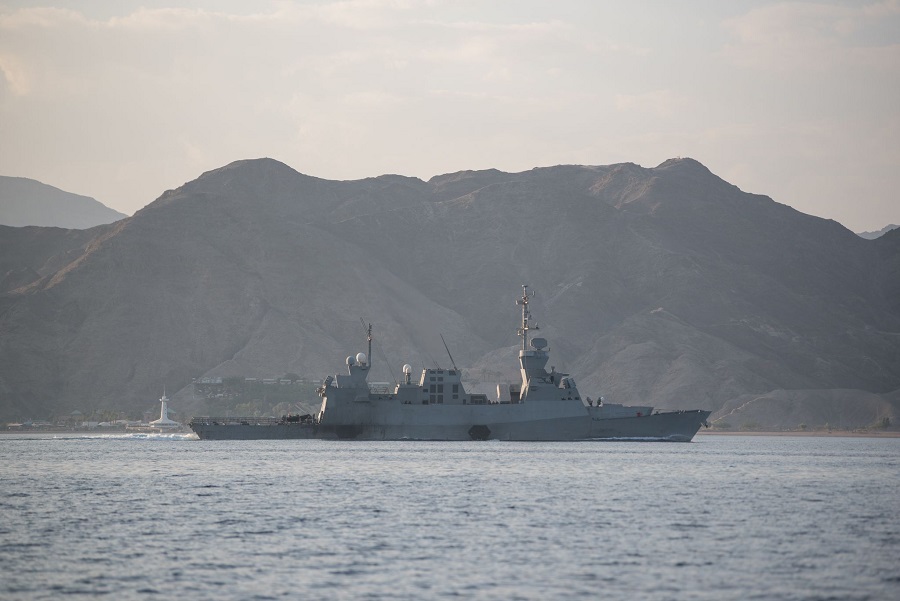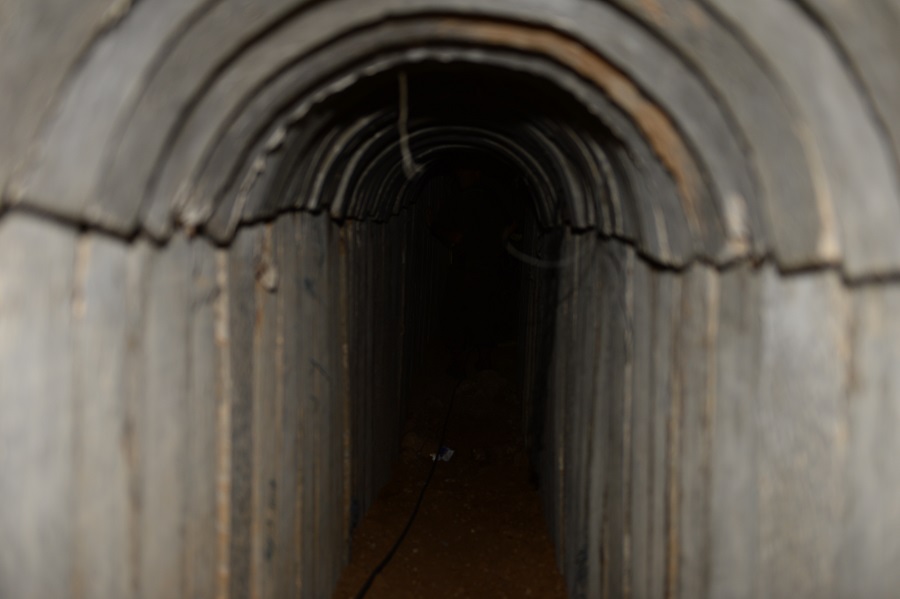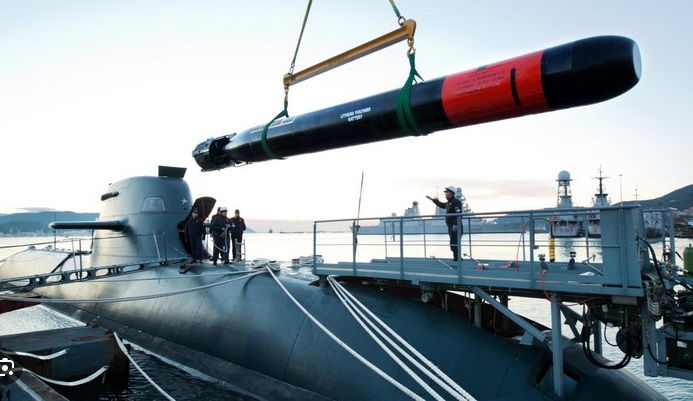During the Israel-Hamas conflict, the Houthi rebels in Yemen have intensified their attacks on ships sailing in the Red Sea, on their way to Europe and other parts of the world, causing worry about the effects on the flow of consumer goods, grain, and oil to many western countries. Targeted ships have ties to Israel, but last week’s attacks on an oil tanker flying the Norwegian flag and the firing of missiles at a jet fuel-carrying vessel heading for the Suez Canal—through which almost 10% of global trade moves—have increased the threat to trade.
“This is an Iran-initiated act, and Washington hesitates and lets this proxy accelerate its hostile actions,” an Israeli defence source said.
The source said that by the U.S. decision not to act, Iran understands that the West is weak and is not ready to respond.
The source pointed to the fact that Iran warned against the forming of an international force to defend commercial shipping in the Red Sea. “They see the non-action of the U.S. and are encouraged to make noises against any international effort to act against the Houthi hostilities,” the source said.
While all the missiles and armed drones launched by the Houthis were intercepted by Israel, the commercial shipping in the Red Sea has been severely disrupted.
In a paper written by Eldad Shavit, a senior researcher at the Israeli Institute for National Security Studies (INSS), he says that the U.S. administration must currently make decisions regarding its policy in the face of the intensifying Houthi operations in Yemen. These include the disruption of international shipping lanes in the Red Sea and the continued attacks on American targets by pro-Iranian militias in Iraq and Syria, including an attack on the U.S. embassy in Baghdad. The administration has accused Iran directly of being responsible for the attacks carried out by its proxies. The Deputy National Security Advisor stated that the Iranian Revolutionary Guard Corps is involved in the planning, approval, and execution of the attacks.
“So far, the administration has exercised much restraint and made do with trying to thwart the attacks of the Houthis by using the U.S. naval vessels in the area to intercept the missiles and UAVs launched by the Houthis, and has ordered a number of targeted attacks on militia targets, defined by the Pentagon as self-defence. The United States would like the main effort to focus on continuing the campaign to defeat Hamas in the Gaza Strip, and the administration does not want to be dragged into a war in the Gulf. To prove its seriousness and send a deterrent, the aircraft carrier Eisenhower and many other vessels are sailing in the Gulf region. The containment, however, has reportedly drawn criticism from officials in the U.S. Defence Department who seek to intensify the American response.”
Shavit says that it seems that the realization of the threat by the Houthis to block any ship in the Red Sea, whether Israeli or not, while ignoring the warnings by the United States, is expected to significantly increase the pressure on the administration to expand its military operations to prevent the Houthis from interfering with international sailing.
“This includes the possibility of attacking targets in Yemen and thus also sending a message to Iran.”










![NATO to consider increasing, stabilising support for Ukraine [BRIEF]](https://defence-industry.eu/wp-content/uploads/2023/12/Diehl-Defence-EUR-600-million-order-for-IRIS-T-SLM-air-defence-system.jpg)













